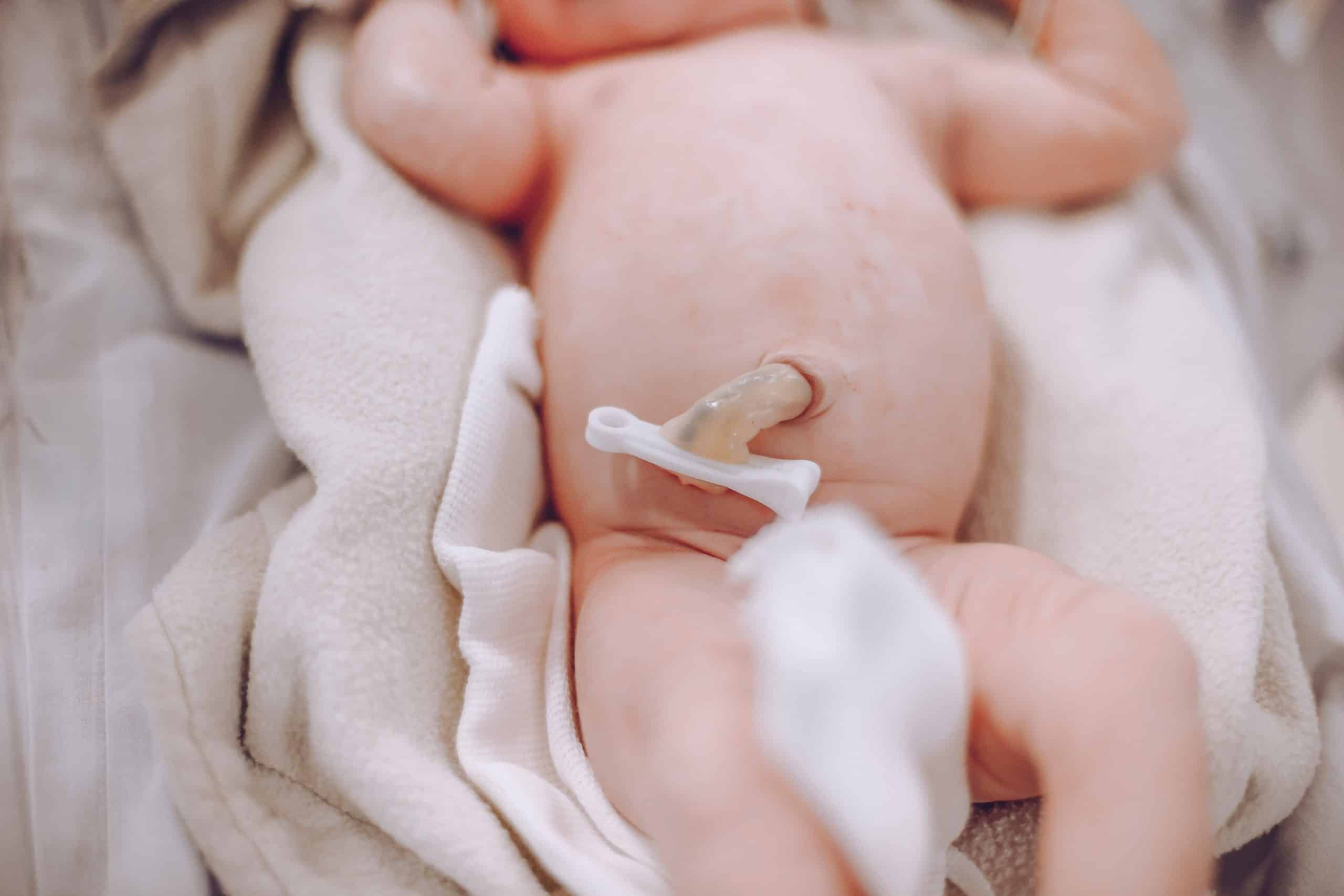Baby Settler Blog
Pregnancy & the Frequently Asked Questions
I want to go over some questions I get asked frequently from expecting parents on my social media account. These are great questions: sometimes they aren’t answered during your prenatal appointments unless you’ve made a “list” and ask about them specifically.
Can I drink a glass of wine once a week during pregnancy?
Honestly, it’s really best to avoid alcohol while trying to conceive. Even small amounts can affect the development of a baby. A safe level of alcohol use during pregnancy has not been determined. If you are worried you have a problem with alcohol consumption, you should discuss this with your OB provider for help coming up with a plan to support you!
Can I eat deli meats and seafood during pregnancy?
If you’re on your second, third, or later pregnancy…maybe you’ll fast forward right past this note. I know I personally got “laxer” with each pregnancy. However, I want to share the FACTS with you. It’s good practice to wash all of your fruits and vegetables prior to eating, to avoid potential infection from food borne diseases.
Bacteria such as Salmonella, Listeria, and Toxoplasmosis can live on unwashed vegetables and uncooked/unpasteurized foods. You really should rinse all of your vegetables thoroughly before eating. Maybe consider buying frozen fruits and veggies over fresh if you find that you can’t get in the habit of washing your produce. Bacteria can also live on meats and cold cuts, and recommendations are to thoroughly cook before eating.
You should also avoid soft cheeses such as Feta, Brie, and Queso, and any unpasteurized dairy products. They can also harbor harmful bacteria.
Seafood is a good source of protein, not to mention delicious! And a lot of people may avoid meat in their diet but eat seafood. During your pregnancy, you want to avoid any uncooked shellfish or fish. It’s also important to limit fish that are high in mercury levels.
Can I lie on my back during exercise?
Many Yoga, Pilates, and stretching exercises will require that you lie flat on your back or on your abdomen. And as your belly grows during pregnancy, you will find it uncomfortable to be in either of these positions. You can try tucking a pillow under your knees for support to your lower back or lie on your side for comfort. It’s really best to avoid lying on your back as you approach your due date, as it can decrease the blood circulation for you and your baby. A lot of women report feeling short of breath or dizzy when lying on their back. When you are beginning to see your baby “bump” you really should avoid lying on your belly.
Is it safe to take Ibuprofen (Motrin)?
Once you find out you’re pregnant, you’ll want to avoid NSAID use, including Ibuprofen, Naproxen, and Aspirin products. These drugs may cause bleeding complications as well as potential adverse effects to your developing baby.
Tylenol or Acetaminophen are usually safe for most people during pregnancy. Sometimes, Aspirin is prescribed in higher risk pregnancies, but you’ll want to make sure you provider prescribes this for you before taking aspirin.
I am not feeling excitement over my pregnancy. Is something wrong with me?
It’s not uncommon to feel overwhelmed over a pregnancy, even if it was intentional. Many changes are happening physically and emotionally as your body adapts to pregnancy. Pregnancy hormones can contribute to sleep changes and fatigue, and that can make it difficult to be excited about anything if you are exhausted! If you have any nausea or decreased appetite, you might be frustrated by your inability to eat normally. Your clothes may be fitting a little tighter. You might have financial worries or fears of how this might affect your relationship with your significant other. All of these things can contribute to a feeling of fear or apathy.
On pregnancy # 3, when my husband and I found out we were having a girl. I was kind of disappointed. I’m just being real with you. You may think, what is wrong with her? But I was a boy mom. I knew how to be a boy mom. We are having a girl? It was an adjustment. I was anxious. I was worried about what it would be like…having a girl. And I was also a seasoned MaMa. So, if that’s you, it’s okay. In fact, it’s more than ok. Share your feelings with your partner.
And I want you to know that depression and anxiety can occur anytime in life when changes occur. Even positive events can create stress in our lives. If you have difficulty performing your normal activities, are sad and crying, have difficulty falling asleep at night due to ruminating or anxious thoughts, or these feelings are creating tension in your relationships, follow up with your provider. Counseling and medication are two options you can consider in addition to, good nutrition, Vitamin D and restorative sleep go a long way.
Wondering about the immediate postpartum period?
Delayed Cord Clamping
I’m referring to the first two hours after delivery. You’re going to be monitored pretty closely. During this time, you’re at an increased risk for a postpartum Hemorrhage. Once you deliver your baby, he is going to be placed on your abdomen, and the standard of care is to delay cord clamping for at least 1-3 minutes (or until it stops pulsating). If you want to do extended delayed cord clamping, talk to your provider about this prior to delivery to make sure you understand the process. Also, if you’re planning on doing cord blood banking, you’re not going to want to delay cord clamping too long because there won’t be as much left in the cord to be able to collect. If you’ve never heard of cord blood banking – Google it!
I’m happy to say delayed cord clamping has become a standard of care. So, it doesn’t have to be this big drawn-out conversation, like it used to be. Your OB provider is already going to delay cord clamping without you even asking about it. Usually, once the cord stops pulsating within 1 to 3 minutes, if your partner wants to cut the cord, that’s when it happens. After the cord is cut, your nurse will help position your baby skin to skin.
Skin to Skin
I recommend skin to skin at delivery whether you’re breastfeeding or not because it’s very beneficial to Mom and it’s very beneficial to your baby. It’s going to help your baby transition from the intrauterine life to the extrauterine life. Your baby’s temperature is better regulated when she’s skin to skin. Baby’s typically have better blood sugar levels when their skin to skin and their respiratory status is usually improved with skin to skin. Did I convince you yet?
The benefits of skin to skin for mom is a natural surge of the hormone oxytocin which is helpful for getting your uterus to clamp down. You deliver your baby and then you deliver your placenta, and the area in your uterus where your placenta was attached has to scab over. Your uterus has to clamp down to slow down all that blood flow that was happening between your placenta and your baby. Oxytocin is the hormone for that, and evidence shows Moms get an increase in the hormone oxytocin with they hold their baby skin to skin.
Fundal Checks
Another thing, fundal checks. Your nurse is going to do frequent fundal checks after delivery. Your fundus is the top of your uterus. After you deliver, your OB and your nurse are going to be feeling the top of your uterus very frequently…. as frequent as every 5 to 15 minutes…. to make sure your uterus is clamping down and staying firm. Why? Think about it like this: to shut off the blood flow that was going from your placenta to your baby, a scab has to form. In order for the scab to form, your uterus has to contract and firm up. Some women are really annoyed with these fundal checks . And they wonder, “why is my nurse mashing on my belly all the time? I just delivered a baby. Is she trying to hurt me on purpose?” No, I promise, we’re not! Fundul checks are truly necessary for making sure you’re not at risk for having a postpartum Hemorrhage. If your uterus is “boggy” when mashed on, there are early interventions to use to firm your uterus up and form that scab. If your nurse wasn’t feeling your uterus, she could miss the early signs of a postpartum hemorrhage, and early interventions wouldn’t be enough to stop the hemorrhage.
Vaginal Lacerations
Your provider is going to do your vaginal repair, if needed, during this time. The good thing about your vaginal laceration repair is dissolvable stitches. Meaning, you aren’t going to have to get those taken out. Which is awesome, believe me.
You’re either numb from your epidural or if you’ve had an unmedicated birth, lidocaine will be used to numb you before the repair. I can tell you from personal experience, having had vaginal laceration repairs, the lidocaine is definitely adequate for numbing. And hopefully you’ll have your baby on your chest and be blissfully distracted.
One more thing I want to talk about really quick. During the immediate postpartum period, a lot of women experience uncontrollable shaking. It can be alarming to partners and even Moms. But it’s totally normal. It happens due to the surge of hormones you get right after delivery. So don’t be alarmed, you are normal.
You’ve got this Mama!
Hillary
The Best Breastmilk Storage Solution
Finding the best breastmilk storage solution and the early days of motherhood is a Journey! It's usually filled with joy, anxiety, and endless questions especially when it comes to feeding our babies! As soon as I got home from the hospital with my first baby I was...
The Best Diapers for Your Baby
Why choosing the right diaper matters As a mom of four and a medical professional who is in the field of maternal and infant care, I am often asked, "what are the best diapers you recommend?" My journey through motherhood has been a wild ride! It's been filled with...
How To Breastfeed Twins And Multiples
You just found out that you’re expecting twins. Congratulations, Mama! Along with excitement, you may feel trepidation whether you’re a new mother or have a child already. Looking after more than one baby comes with its own set...
Expert Insights Delivered to Your Inbox
Follow Along
Meet Hillary
Courses
Consultations
Gift Certificates
Blog
My Amazon Shop
Write a Review
Terms & Conditions












